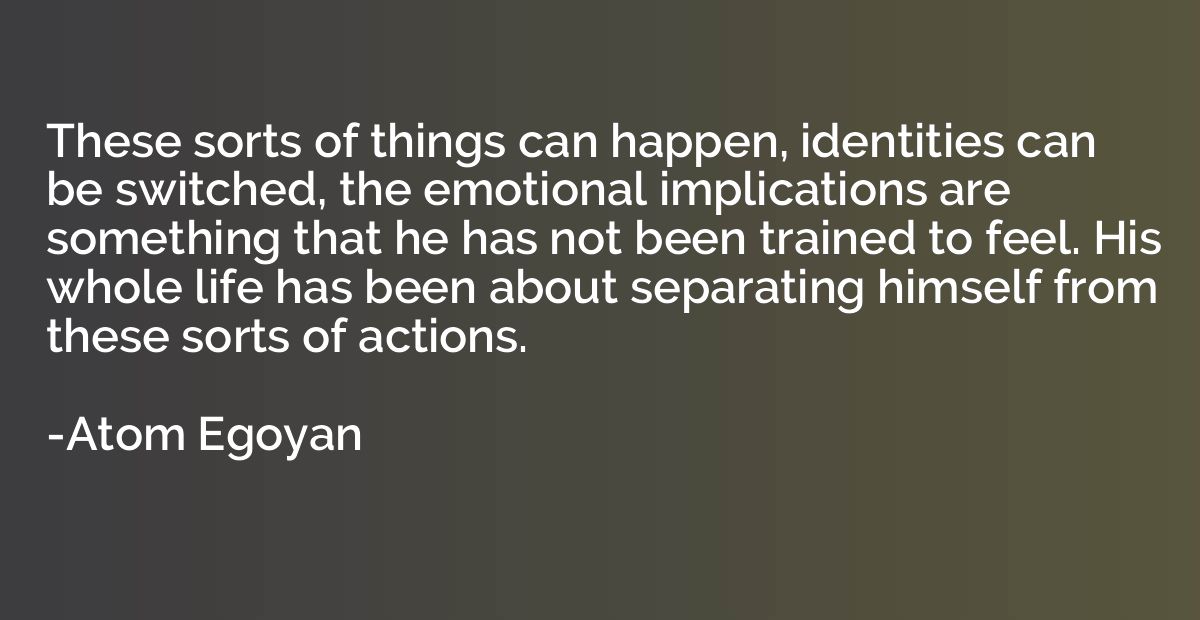Quote by Denis Johnson
If you take a lie and allow your desire for the truth, you'll end up with some truth - not fact, but something that gets you closer to the truth. That's what we want. When we go to a play, we need to be assured that the experience we're having.

Summary
This quote suggests that by challenging falsehoods and pursuing the truth, we may uncover partial truths that bring us closer to an ultimate understanding. These partial truths are not absolute facts, but they contribute to our overall comprehension. It emphasizes the importance of seeking truth and the need for assurance in our experiences, drawing a parallel with the theater, where we expect a believable and immersive performance. Overall, the quote encourages a constant quest for truth while acknowledging that complete certainty may be elusive.














